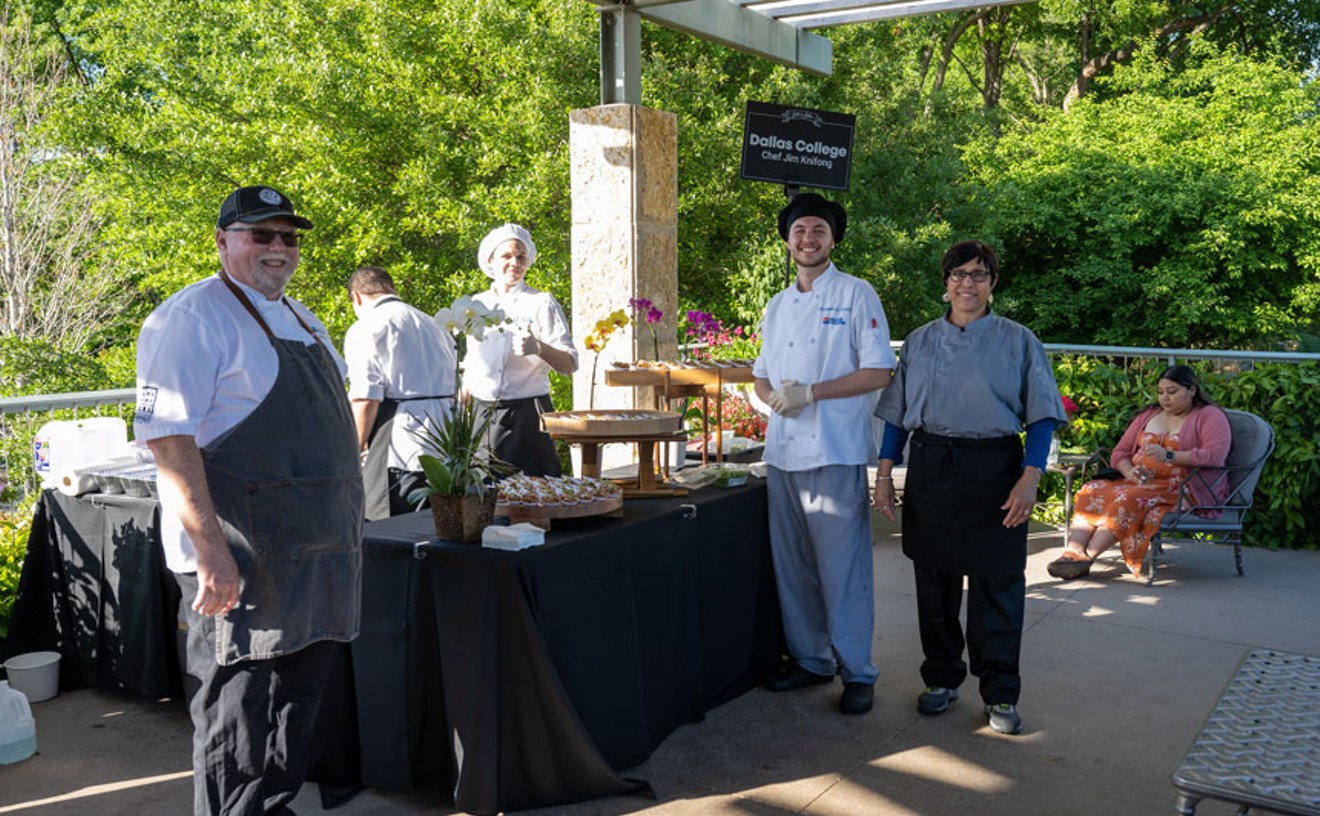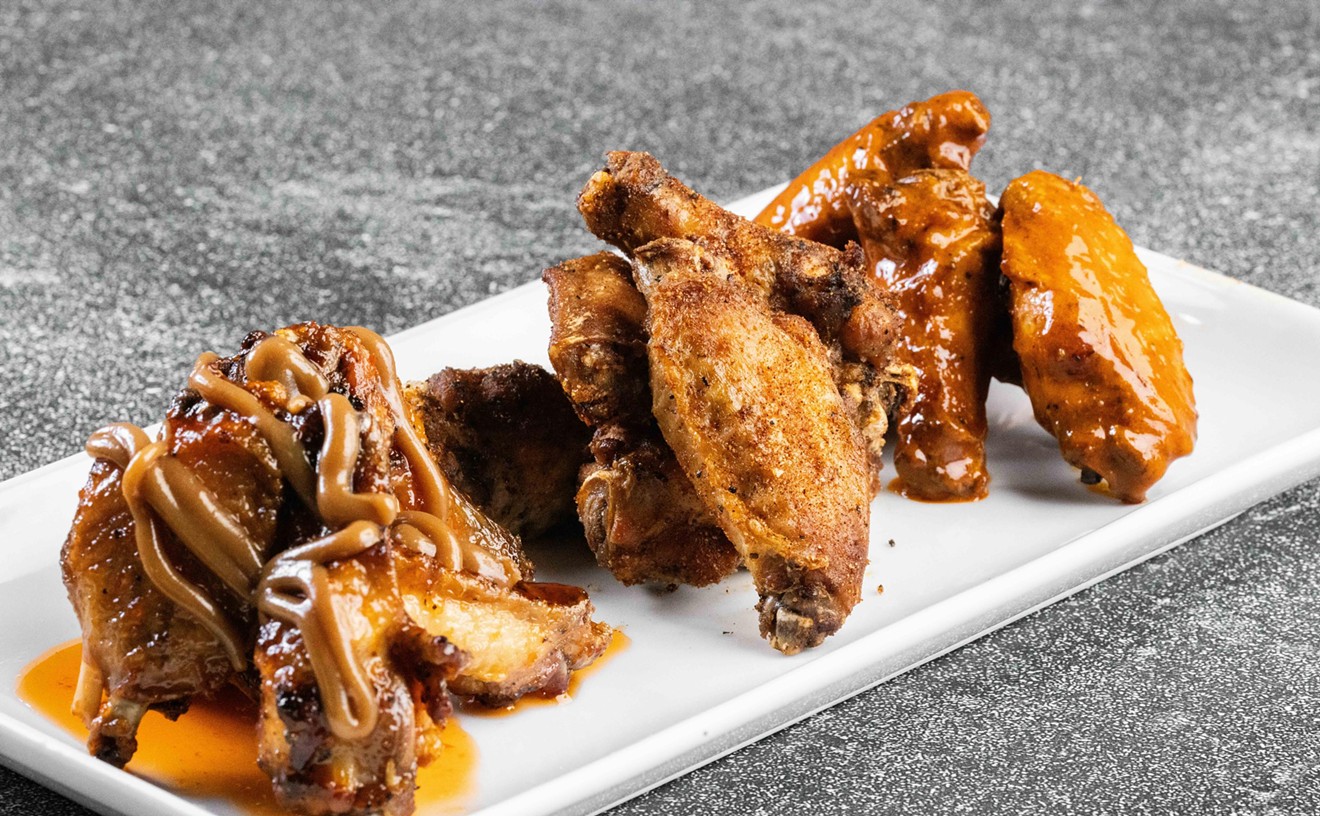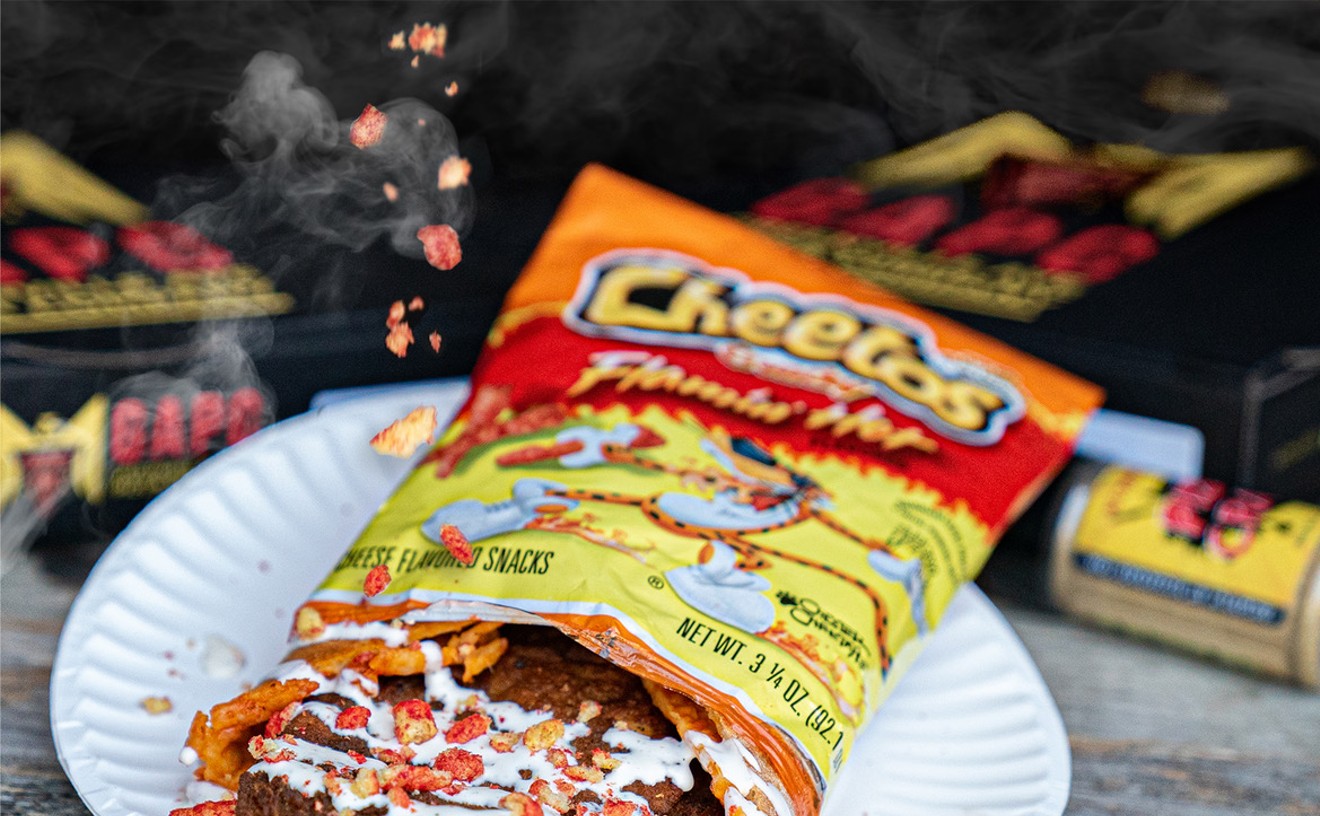I didn't even give the menus and wine lists--replicas of '60s and '70s album covers such as Steve Miller's "Fly Like an Eagle" and the Doobie Brothers' "What Were Once Vices are Now Habits"--more than a few moments' thought. No, what occupied my mind that evening were knives. Sharp Knives. Steely knives. Knives with viciously serrated edges.
Knives have a fascinating history. Slicing, cutting, and sticking flesh and other surfaces for thousands of years, knives first emerged as crude hand tools composed primarily of flint. At the dawning of the Bronze Age, knives were among the first metal implements. The instrument was transformed around the first millennium B.C., when iron was brought to Europe from Asia. Heated and beaten to shape, iron knives produced a better edge than their bronze counterparts, but their blades suffered from a weakness most commonly associated with the political class: they bent easily.
The Vikings remedied this deficiency with the introduction of carbonized iron. And since that time, these tools have taken on a range of incarnations including weapon of war. Variations for battle included the dagger, used when the sword was either lost or broken, or in secrecy as a coup de gráce weapon. This is the tool that made Shakespeare's Julius Caesar such a hot-selling Cliffs Notes edition.
Then there is the bayonet. Introduced by the British and French in 1660, the first bayonets were long, pointed knives plugged into the bore of the standard infantry musket, converting the thing into a kind of torso pike.
Certain American Indian tribes along the Saint Lawrence River and in parts of the eastern U.S. had even more imaginative uses for the instrument. A specialized blade was developed for one of their more famous warrior rituals: scalping. The artful technique incorporated a process of slicing around the crown of the head with a scalping knife and, by gripping a fistful of hair and jerking upward, wrenching off the scalp. Victims rarely survived the ordeal.
The invention of stainless steel in 1912 and its subsequent introduction into cutlery manufacturing revolutionized domestic knife-using during the 1920s. Cutlery encompasses a wide spectrum of useful edged tools, from sharpening steels to butcher knives to steak knives.
Which brings me back to Moonshine Cafe. On that first visit, I ordered the "wood chard" Black Angus T-bone steak in a stout beer reduction. Served with a wad of pasty horseradish mashed potatoes and crisp, fresh-braised collard greens (the best I've ever tasted), the steak was delivered minus the appropriate dining weapon.
I asked our server about this. "Sorry, we've run out of steak knives," he said, and he scurried from our table before I could spit a staccato string of "but"s from my lips. So I attempted to carve the course-grained piece of gristly, fatty meat with a butter knife--a task as difficult to accomplish as performing open-heart surgery with dental floss.
Another server stopped by and asked how everything was. It's amazing how servers always seem to promptly inquire about the state of dining after a dim-witted faux pas.
"Fine," I said. "And if cutting a T-bone with a butter knife charts new ground in dining pleasure, I'd say it's extraordinary." He resorted to the previous server's excuse with a smirk. "Sorry. We've run out of steak knives."
I looked around the dining room. It was maybe 75 percent full. I didn't see one person carving a steak. Where were those knives? Wasn't the Moonshine staff alarmed enough to start checking breast pockets and belt loops?
That second server must have become aware of my irritation. Or perhaps he suddenly realized the futility of carving a T-bone with a butter knife. Then again, maybe he was somewhat highbrow and considered the deleterious impact on English literature had Brutus and his co-conspirators attacked Julius Caesar with steely butter spreaders instead of pointed daggers. He must have known Julius would have kicked those assassins firmly in the jewel box, leaving Bill Shakespeare with another comedy instead of a classic tragedy.
But this is mere conjecture. Whatever the reason, a steak knife miraculously appeared next to my plate within moments, crowning an incident that proved unfortunate. Not because it provided me with the necessary tools to eat a piece of meat, but because it dramatically tarnished a level of service that was--save for some rusty pacing--gracious and attentive.
I'm grateful the serving staff didn't see fit to equip me with steak knives for the rest of the menu--a gesture that would have unnecessarily reflected poorly on the kitchen. The menu is the work of Los Akins, former PoPoLos chef. He calls his menu "New Creole" because it's lighter, dropping the roux and heavy butters of typical Creole fare. The food has a lot of potential. It wavered a bit, but most of it was good.
Simple dark onion soup (minus the thick gooey cheese cap, the kind that requires electric hedge sheers to cut the cheese threads running from the bowl to your teeth), rendered from onions roasted in Creole spices and reduced with veal bones, was rich, if a bit salty. Steamed shellfish in a light fennel broth were far too tender to require the aid of a steak knife. But the sweet, pleasantly briny mussels and clams pungently punched with arugula and sparked with tomato and kalamata olives did come with little forks.
A bulging bump of flaky, moist pastry topped with avocado and dribbles of pepper aioli, the crawfish pie burns bright on this menu. It's stuffed with a mix of bread crumbs, onions, celery, and cream plus a sparse scattering of crawfish chunks. The pie was laid out on a bed of dirty rice with big chicken-liver chunks and was articulate, moist, and firm without a hint of pastiness--that dirty rice was killer culinary smut.
A better name for the grilled Fisherman's plate might be mush & rubber. And what kind of a knife is good for that? A daily changing roster of waterborne specimens, this version included a talapia filet with a distinct cross-hatching of singe markings suffusing it with good grill flavor. But the fillet was a little soggy. OK, maybe more than a little. I mean, when I pressed it with a fork, it leaked.
Three lonely pieces of shrimp had that same good grill spark as that sopping fish, but the coils of meat were a little dry, shriveled, and chewy. Three scallops were like rubber grommets.
Paella Louisiana-style was a highly seasoned, rib-sticking, hearty plate of grub that didn't leave you feeling like a counterweight after the last bite. Chicken, shrimp, clams, mussels, and fennel-infused turkey andouille sausage rested in a richly flavored tomato-saffron rice bed. It packed a lusty punch.
Rigatoni with asparagus was muddled, however. Crispy, pee-stinking spears did their time with gummy pasta tubes and a lumbering melange of grilled eggplant, roasted tomatoes, and portobello mushrooms in a slightly viscous yet brothy tomato-basil sauce. Less might be more here.
Pecan pie was a good, sweet chew with just enough salt in the mix to keep your mind from swirling in a diabetic cloud.
Housed in a circa-1925 church, The Palace was launched by a group of some 10 investors dubbed Blues Club Inc., largely driven by Dallas businessman Spencer Edwards of Edwards Petroleum. Together, they've sunk more than $1 million in The Palace/Moonshine Cafe, with some $250,000 expended installing an elevator, getting the place up to code, and outfitting it with new plumbing and electrical systems. Indeed, new sprinkler-system pipes and nozzles hang nakedly from the Moonshine Cafe's finished ceiling, creating an refreshingly gawky departure from the open rafters threaded with fat ductwork that seem a staple in most restaurant ceilings.
Blues Club Inc. plans to open more clubs, with the first installations set for Austin and Houston. Elizabeth Edwards, company spokeswoman and Spencer's sister, says the main thrust of the venture is special events in the large nightclub space. Sometimes that nightclub tersely infringes on the dining room. On one visit, the drummer from the band scheduled to perform later that evening was tuning a miked bass drum on the stage above. The barrage of piercing low thuds rumbled through the dining room like a bad case of gaseous indigestion.
Noise was a thorn in the side of this reincarnated church earlier in the year, when neighborhood residents complained of excessive night life decibels and disruption. But according to Edwards, the complaints have all but evaporated. "It's kind of like a tsetse fly," she says of the fuss. "It goes away eventually, so you just don't worry about it."
Moonshine Cafe, 5601 Sears Street off Lower Greenville Ave., (214) 827-6677. Open Sunday and Tuesday-Thursday, 5-10 p.m.; open Friday & Saturday 5 p.m.-midnight. $$$










